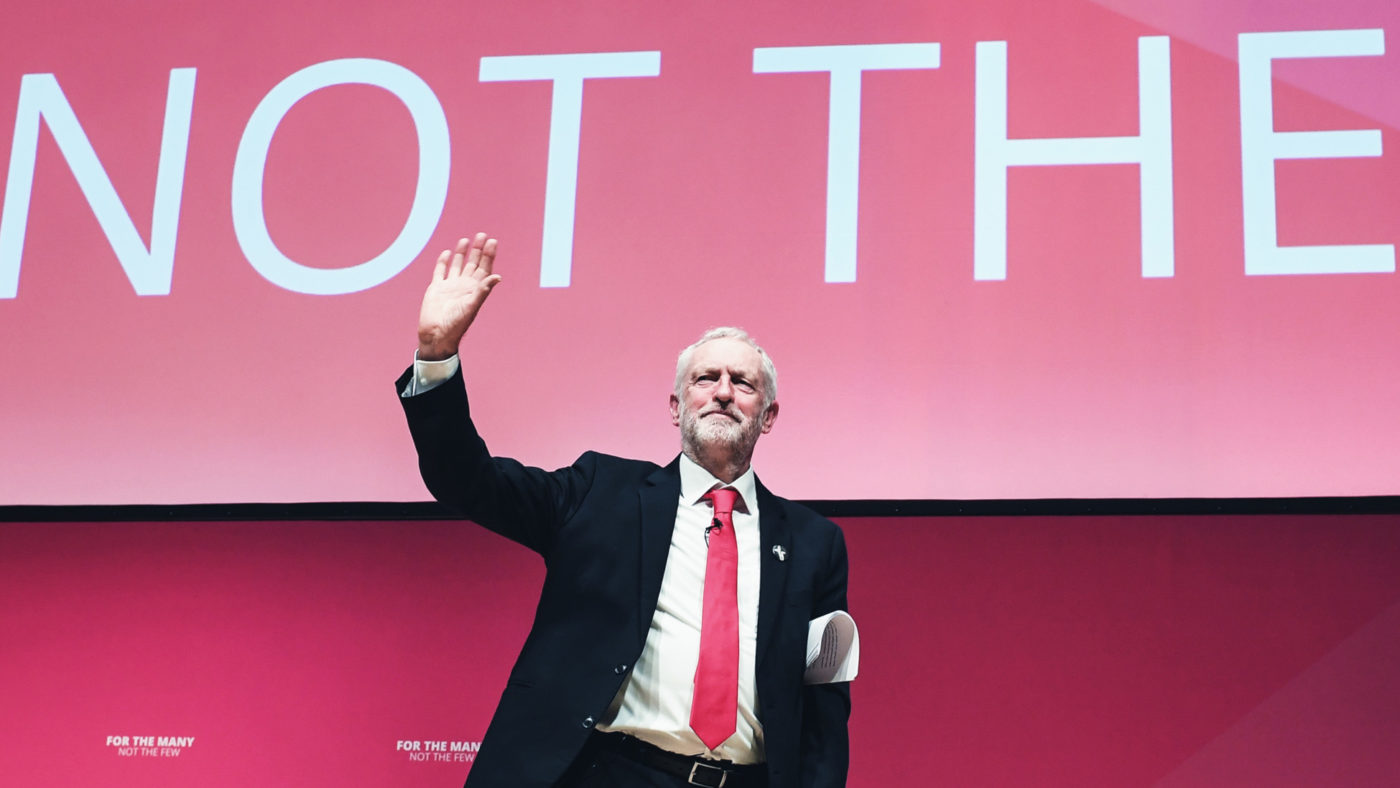It’s a truism of political extremists the world over that sooner or later they come for the Jews. There’s something about anti-Semitism which appeals to the mind of a fanatic, regardless of whether their hand clasps a red flag, nationalist banner or some holy text. Little unites the far-Right, far-Left and Islamist extremists beyond this most ancient of hatreds.
Of course they rarely stop with the Jews. The paranoid soul invariably finds other targets, other enemies. Thus anti-Semitism acts as a warning sign to all of us, Jewish or not, that an organisation or ideology is toxic. That decent people should avoid it.
This, I’m afraid, brings me to the British Labour Party. Now Labour isn’t an anti-Semitic party, but it is a party which has an institutional problem with anti-Semitism. That’s certainly the overwhelming view amongst UK Jews. A 2017 poll conducted for the Campaign Against Antisemitism found that 83 per cent think Labour is too tolerant of anti-Semitism amongst its members and supporters, more than double the figure for any other surveyed party. Under any Labour leader before Jeremy Corbyn this number would have seemed absurd. Now, if anything, it feels like an understatement.
There is a tendency in polite, liberal, society to downplay the extremism of the present Labour leadership. To act as though if we ignore their more troubling views and past associations they will just go away. This position is neither moral nor safe.
One by one the unofficial norms which underpin the relative decency of British democracy are being eroded. It used to be the case that it was utterly taboo for mainstream politicians to have supported, or even shown ambiguity towards, the use of violence as a political tool. Now should Labour win a General Election the British economy will be overseen by a man who has praised the “bombs and bullets” of the IRA, an organisation which not so long ago was murdering his fellow countrymen, and described rioters who attacked the headquarters of the Conservative Party in 2010 as the “best of our movement”. You don’t have to be a diligent scholar of history to see where the normalisation of such language could lead.
When Corbyn first became Labour leader in September 2015 there was a certain logic in moderates remaining within the Party and seeking to reclaim it. Perhaps his victory was something of a fluke, a cry of rage from Labour members angry enough about Ed Miliband’s election defeat to temporarily take leave of their senses. Plausibly, if not particularly excusably, many may not have looked too closely at what they were voting for. If nothing else the chances of Corbyn actually becoming Prime Minister, considering his initial public unpopularity, seemed remote. Why surrender one of Britain’s two great governing parties to the far-Left so easily?
These arguments no longer hold water. Corbyn could quite possibly be our next Prime Minister. The 2017 General Election, and in particular the speed with which Labour was able to close an initial 18 point polling gap, have made this clear. Moreover, Corbyn’s grip over the Labour Party looks unshakable in at least the short to medium term. The Party’s new General Secretary, Jennie Formby, is pro-Corbyn. A recent poll for The Times found that 61 per cent of Labour members think Corbyn has responded well to the row over anti-Semitism within the Labour Party, and 69 per cent think he dealt well with the Salisbury poisoning of Sergei Skripal. Donald Trump famously once boasted that he could shoot someone on New York’s 5th Avenue and not lose supporters. Corbyn could be forgiven for arriving at a similar conclusion.
We need only glance across the Atlantic to see where such indulgence of extremism can lead. Prior to the 2016 Presidential Election Trump was eviscerated by the Republican establishment. Marco Rubio described him as “the most vulgar person ever to aspire to the Presidency” and “a con artist”. Republican House Speaker Paul Ryan accused him of having made “the textbook definition of a racist comment” just months before the Presidential election. Yet when push came to shove the Republican establishment, including the two figures mentioned above, toed the line and urged their supporters to vote for Trump. The consequence is a President who wouldn’t even pledge to concede defeat, one of the most basic requirements in a civilised democracy, if he lost the election. America, and the world, are living with the consequences of this political cowardice.
Labour moderates have a similar choice. Simply put, Corbyn can’t become Prime Minister without their connivance. If this is provided, no amount of outraged Tweets, when Corbyn says or does something particularly indefensible, will wash away the stain. Should Corbyn become Prime Minister people who have befriended terrorists, defended anti-Semites and shown a worrying attitude towards political violence will be at the heart of running the British state. Each Labour MP needs to decide whether they can have this on their conscience. Turning on Corbyn, and if necessary Labour itself, will doubtless be painful. But it is surely better to trash a party than a country. History is rarely kind to those who facilitate extremists, especially when they clearly see them for what they are. I doubt this case will prove an exception.


